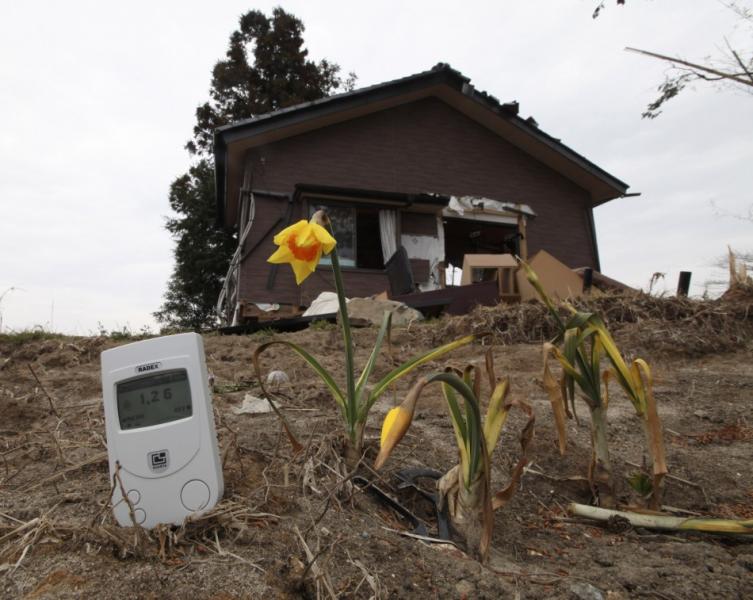You are here
cnbc.com - July 6, 2011

They scoop up soil from their gardens and dump it in holes dug out in parks and nearby forests, scrub their roofs with soap and refuse to let their children play outside.
More than three months after a massive earthquake and tsunami triggered a nuclear meltdown at a nearby power plant, Fukushima residents are scrambling to cope with contamination on their own in the absence of a long-term plan from the government.
"Everything and everyone here is paralyzed and we feel left on our own, unsure whether it's actually safe for us to stay in the city," said Akiko Itoh, 42, with her four-year old son in her lap.
Even though this city of 300,000 lies outside of the 30-km (20 mile) evacuation zone around the crippled Fukushima Daiichi plant, a recent survey showed radiation levels in several spots exceed 13 millisieverts per year, more than six times natural levels.
As increasingly panicked residents take matters into their own hands, experts warn that their do-it-yourself efforts to reduce contamination risk making matters worse by allowing radiation to spread without monitoring and by creating hotspots of high radioactivity where soil is piled high.
"I scooped up all the radioactive soil and grass from my garden and dumped it in the forest, so no one could find it," said a mother of a four-year-old child from Fukushima city, who did not want to be identified by name.
"When I put my Geiger counter close to that mountain of soil it showed 10 microseverts per hour," she said. That is more than four times the official annual nuclear exposure limit. Others were spotted dumping their nuclear waste in public parks and by the river, residents said.
Experts say the longer it takes Japanese authorities to organize a clean-up the greater the risk of additional, long-lasting damage.
"Such clusters of radiation can also leak into the groundwater and pose more health hazards for a sustained period," said Takumi Gotoh, a Nagoya-based cancer specialist.
"That's why Japan urgently needs a comprehensive, long-term plan to deal with the issue," Gotoh said.
What's the Plan?
Since late May authorities have been removing topsoil from school grounds in the affected areas, by packing it in tarps and burying it in holes in the grounds as a stopgap measure intended to reduce exposure for children.
"They say this is just a temporary solution. But we are worried they may take years before removing the contaminated soil for good," says Seiichi Nakate from "Fukushima Network for Saving Children from Radiation," a non-profit citizens group.
http://www.cnbc.com/id/43650545/Fukushima_Residents_Dump_Radiated_Soil



Recent Comments